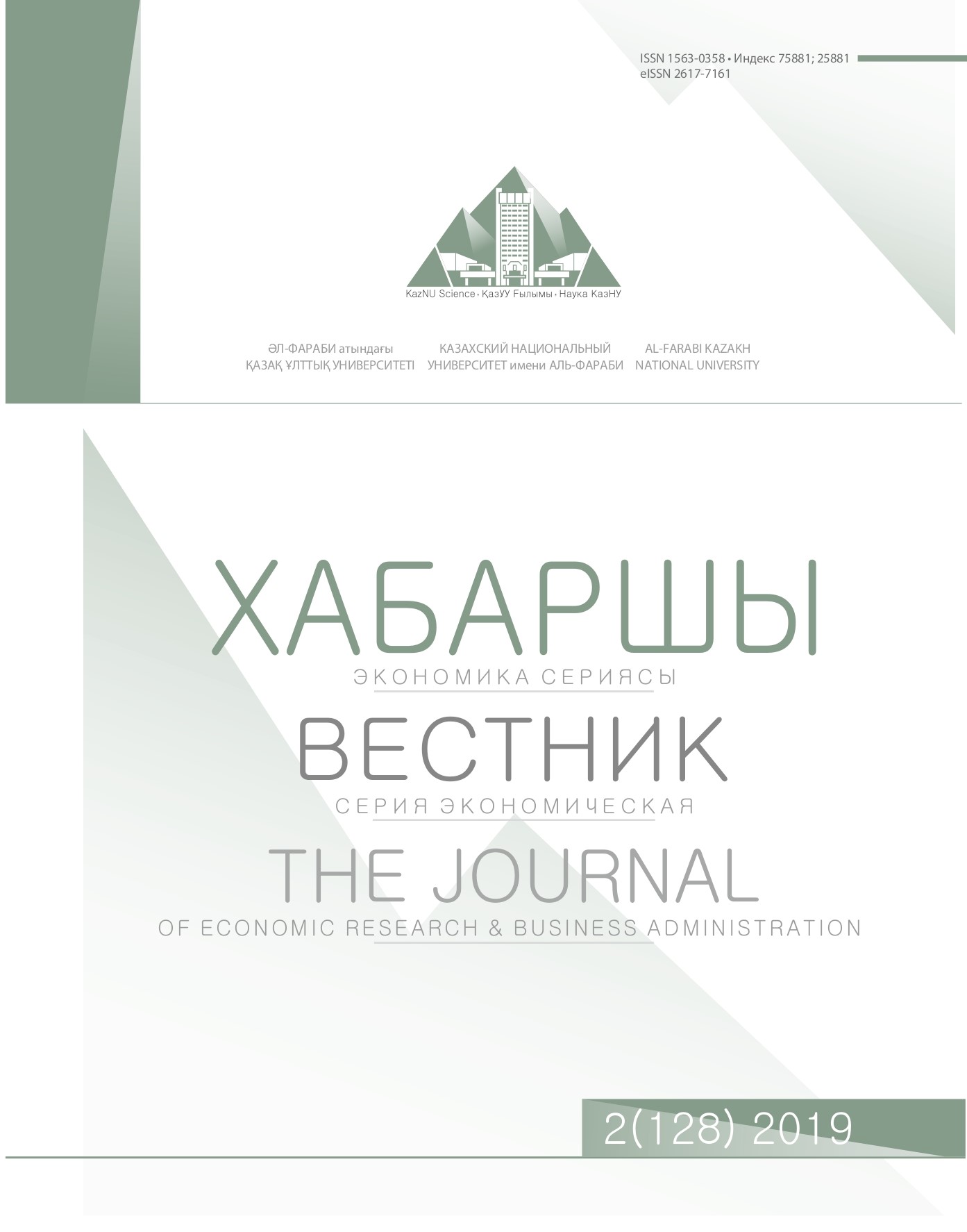ITALIAN HANDICRAFTS IN THE EURASIAN MARKETS. A CASE STUDY FROM THE CERAMIC CLUSTER OF NOVE-BASSANO (Vicenza-Italy)
DOI:
https://doi.org/10.26577/be.2019.v128.i2.017Abstract
The article presents the results of a research aiming to discuss growth potentials of small, and medium handicraft firms operating in stagnating sectors. The study uses a methodological approach juxtaposing theoretical analysis of latest scientific literature and economic statistics to empirical studies of selected firms. The analysis shows how single firms succeeded in overcoming structural weaknesses to build competitive position in global markets. The paper focuses on the artistic cluster of ceramic of Nove-Bassano (North-Eastern Italy), and on the firm “Ceramiche Fratelli Lorenzon” as a case study of successful handicraft export-oriented family business. The principal argument of the paper is that firms, and in particular small, and medium handicraft ones, can find growth opportunities even in declining sectors, provided that they succeed in transforming traditional approaches through process, product, and marketing innovation. Secondly it argues that modern technologies, and in particular IT, open new possibilities even to small businesses. Finally, it confirms the still relevant role of “made in Italy” as internationally valued brand.













